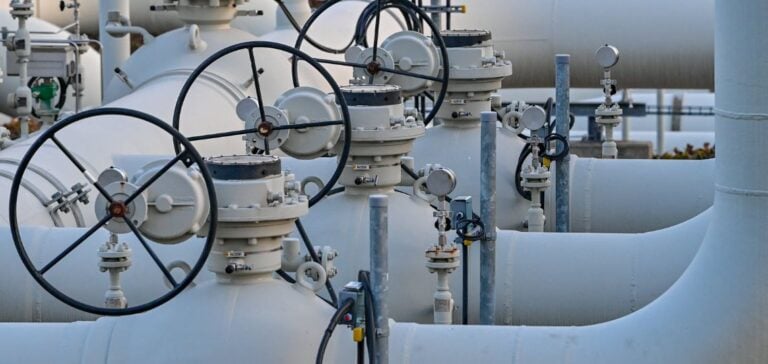The Transdniestria territory, located in eastern Moldova, is experiencing a severe energy crisis following the suspension of Russian gas supplies on January 1. This region, which has been beyond Moldovan control since 1992 after an armed conflict, heavily relied on Moscow’s economic support and supplies from Gazprom, delivered through the local entity Tiraspoltransgaz.
The halt in deliveries stems from an unresolved dispute between Moscow and Chisinau over debt repayment. Until now, Moldova was held accountable for payments not made by Transdniestria, leading to a growing debt to Gazprom. This disagreement, coupled with the general cessation of Russian deliveries via Ukraine, has left Transdniestria without gas.
Emergency Measures Amid an Imminent Crisis
Since the supply cut, daily power outages have been imposed, and many industries have been shut down. According to Vitali Ignatiev, the local Interior Minister, the region now depends on swift assistance from Russia to avoid “horrible humanitarian consequences.”
The Supreme Council of Transdniestria has warned that current gas reserves could run out by the end of January. Coal stocks, used for electricity production, are expected to last approximately 40 days. In the meantime, authorities prioritize the use of gas for heating vital infrastructure such as hospitals and social facilities.
A Call for Regional Cooperation
In light of this critical situation, the Supreme Council has urged Moscow and Chisinau to quickly find a solution to restore gas deliveries. Transdniestrian authorities fear economic collapse if the outages persist, exacerbating social tensions.
A potential resumption of supplies via the TurkStream pipeline, which crosses the Black Sea, has been mentioned. However, this option would require a new agreement between Moldova and Russia. For now, Transdniestria has implemented temporary measures to maintain minimal industrial activity, allowing some businesses to operate only at night.






















